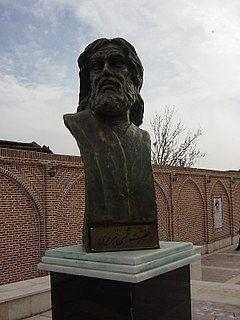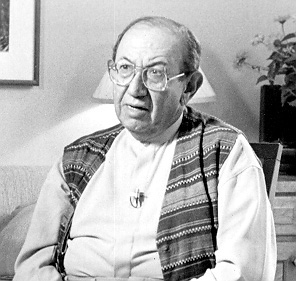A Quote by Christopher Hitchens
[E]xceptional claims demand exceptional evidence.
Quote Topics
Related Quotes
There is no basis in text, tradition, or even in contemporary practice (if that were enough), for finding in the Constitution a right to demand judicial consideration of newly discovered evidence of innocence brought forward after conviction. My concern is that in making life easier for ourselves we not appear to make it harder for the lower federal courts, imposing upon them the burden of regularly analyzing newly-discovered-evidence-of-innocence claims in capital cases (in which event such federal claims, it can confidently be predicted, will become routine and even repetitive).
There is not a morsel of evidence backing up any of the claims or any of the narratives or any of the premises that make up today's news. There is not a morsel of evidence on anybody. There's not a morsel of evidence on Flynn! On Manafort! On Carter Page! There's no evidence on Trump! And yet the reporting goes on. Convicted of high crimes already without a trial. It's a great piece by Eli Lake.
If there were even one spark of evidence from antiquity that Jesus even may have gotten married, then as a historian, I would have to weigh this evidence against the total absence of such information in either Scripture or the early church traditions. But there is no such spark-not a scintilla of evidence-anywhere in historical sources. Even where one might expect to find such claims in the bizarre, second-century, apocryphal gospels...there is no reference that Jesus ever got married.
America's exceptional nature confers upon us responsibilities. We are not exceptional because we say so; we are exceptional because, over and over, we do exceptional things - things like what Generals Marshall and MacArthur accomplished putting Europe and Japan back on their feet after World War II.
If a person claims that he really loves someone, evidence is asked from him. And that evidence is the giving away of possessions, the granting of favors. Just as when Mevlana claimed that he loved me, when I came he granted me thousands of favors and protected me. I regard these all as a grace from God.
Jonathan Wells has done us all - the scientific community, educators, and the wider public - a great service. In Icons of Evolution he has brilliantly exposed the exaggerated claims and deceptions that have persisted in standard textbook discussions of biological origins for many decades, in spite of contrary evidence. these claims have been so often repeated that they seem unassailable - that is, until one reads Wells's book.
I’m “exceptional”- a democratic term used to avoid the damning labels of “gifted” and “deprived” (which used to mean “bright” and “retarded”) and as soon as “exceptional” begins to mean anything to anyone they’ll change it. The idea seems to be: use an expression as long as it doesn’t mean anything to anybody. “Exceptional” refers to both ends of the spectrum, so all my life I’ve been exceptional.
































